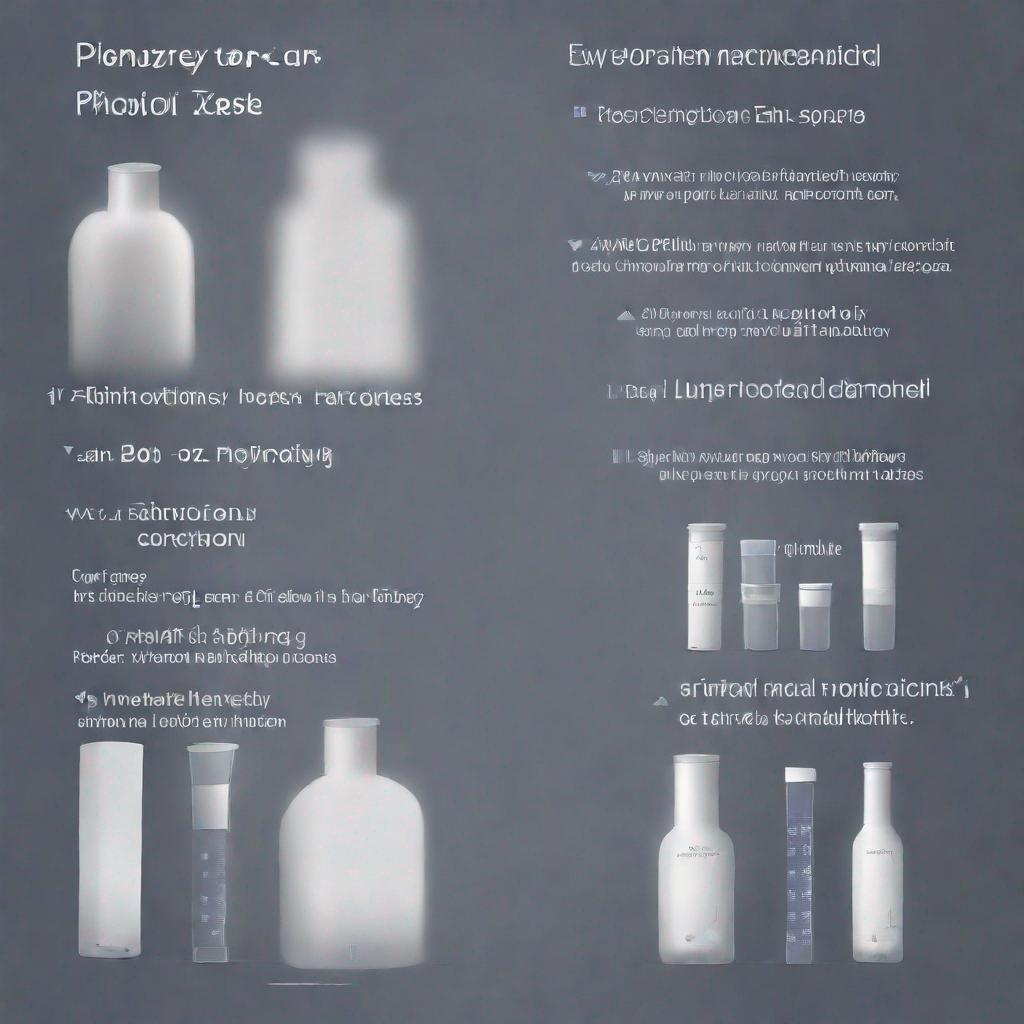## Bipolar Disorder: A Comprehensive Guide
### Introduction
Bipolar disorder is a mental health condition that causes extreme mood swings, ranging from intense mania to deep depression. These episodes can disrupt a person’s life, relationships, and overall well-being.
### Symptoms
Bipolar disorder is characterized by distinct mood episodes:
**Manic Episodes:**
* Elevated mood or irritability
* Inflated self-esteem or grandiosity
* Decreased need for sleep
* Racing thoughts or flights of ideas
* Distractibility
* Increased goal-directed activity
* Excessive involvement in pleasurable activities
* Risky behavior
* Psychotic features (e.g., delusions, hallucinations)
**Depressive Episodes:**
* Depressed mood
* Loss of interest or pleasure
* Changes in appetite or weight
* Sleep disturbances
* Psychomotor agitation or retardation
* Fatigue or loss of energy
* Feelings of worthlessness or guilt
* Suicidal thoughts or behaviors
### Diagnosis
Bipolar disorder is diagnosed based on a psychiatric evaluation, including:
* Examination of symptoms
* Medical history
* Family history
* Physical examination
* Psychological tests
### Doctors Who Typically Perform the Diagnosis
* Psychiatrists
* Psychologists
* Nurse practitioners
* Physicians assistants
### Prevention
There is no known way to prevent bipolar disorder. However, early diagnosis and treatment can help manage symptoms and prevent complications.
### Treatment
Treatment for bipolar disorder aims to stabilize mood and prevent episodes. It typically involves a combination of:
**Medications:**
* Mood stabilizers (e.g., lithium, valproic acid)
* Antipsychotics (e.g., risperidone, olanzapine)
* Antidepressants (e.g., fluoxetine, citalopram)
**Psychotherapy:**
* Cognitive-behavioral therapy (CBT)
* Interpersonal and social rhythm therapy (IPSRT)
**Other Procedures:**
* Electroconvulsive therapy (ECT)
* Transcranial magnetic stimulation (TMS)
* Vagus nerve stimulation (VNS)
* Deep brain stimulation (DBS)
**Lifestyle Modifications:**
* Regular sleep schedule
* Exercise
* Healthy diet
* Stress management
### Complications
Untreated or poorly managed bipolar disorder can lead to:
* Hospitalization
* Suicide
* Substance abuse
* Legal problems
* Relationship difficulties
* Academic or work impairment
### Recovery and Support
Recovery from bipolar disorder is an ongoing process that requires a strong support system and a commitment to treatment. Support groups, family therapy, and medication adherence can all contribute to a person’s well-being and recovery journey.
### Remember:**
* Bipolar disorder is a treatable condition with proper diagnosis and management.
* It is important to seek professional help if you experience symptoms of bipolar disorder.
* Treatment can help stabilize mood, prevent episodes, and improve quality of life.
* Recovery is possible with the right support and commitment.




